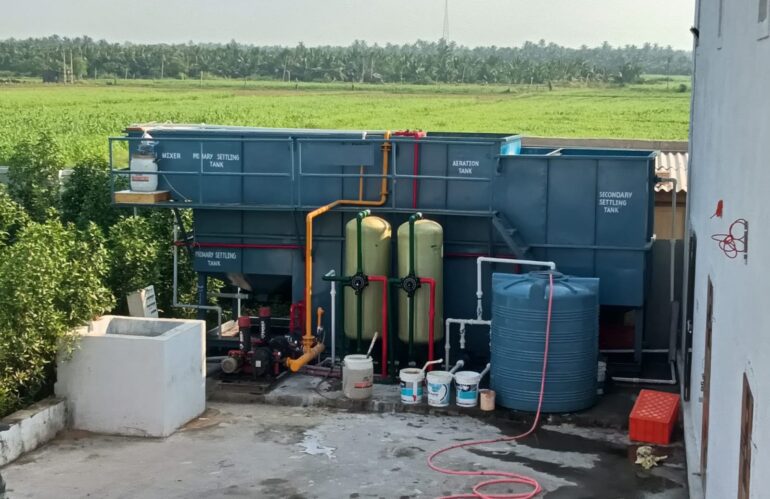Introduction
Hubballi-Dharwad, the twin cities nestled in the heart of Karnataka, represent a blend of tradition and modernity. As urbanization and industrial growth continue to shape these cities, the responsible management of wastewater emerges as a vital environmental concern. This article explores the significant role played by ETP (Effluent Treatment Plant) and STP (Sewage Treatment Plant) manufacturers in Hubballi-Dharwad, highlighting their efforts to engineer innovative water treatment solutions and contribute to a cleaner and greener future.
Understanding the Essence of Wastewater Treatment
Decoding ETP and STP Systems
Wastewater treatment is a fundamental process that ensures the purification of water before it reenters the environment. ETP and STP systems are integral components of this process, each specializing in treating different types of wastewater. ETP systems handle industrial effluents, removing pollutants, contaminants, and chemicals. STP systems, on the other hand, focus on treating sewage from residential and commercial sources, mitigating the risks of waterborne diseases and environmental pollution.
The Role of ETP STP Manufacturers
Customized Solutions for Hubballi-Dharwad’s Needs
Hubballi-Dharwad’s unique geographical and urban characteristics demand wastewater treatment solutions tailored to its specific challenges. ETP STP manufacturers play a pivotal role in designing and implementing systems that cater to the cities’ environmental conditions, ensuring efficient and effective wastewater treatment.
Environmental Conservation and Regulatory Adherence
ETP STP manufacturers in Hubballi-Dharwad are committed to environmental conservation and regulatory compliance. By treating wastewater and effluents, these systems significantly reduce the environmental impact of discharged water, safeguarding aquatic ecosystems and maintaining groundwater quality.
Advantages of ETP STP Systems
1. Pollution Control
ETP STP systems excel in removing a diverse range of pollutants from wastewater, including organic matter, heavy metals, and chemicals. This crucial function prevents the contamination of natural water bodies and minimizes the risk of soil and groundwater pollution.
2. Resource Recovery
Beyond their wastewater treatment capabilities, these systems enable the recovery of valuable resources. Energy, nutrients, and water can be reclaimed from treated wastewater, contributing to sustainable resource management.
3. Safeguarding Public Health
By treating sewage and industrial effluents, ETP STP systems play a pivotal role in preventing waterborne diseases, ensuring the health and well-being of the local population.
Innovative Approaches in Hubballi-Dharwad
1. Energy Efficiency
Addressing energy consumption is a key concern in wastewater treatment. ETP STP manufacturers in Hubballi-Dharwad are actively exploring energy-efficient designs and sustainable energy sources to minimize their environmental footprint.
2. Technological Advancements
Rapid technological progress is transforming wastewater treatment processes. Manufacturers in Hubballi-Dharwad are embracing advanced technologies such as AI and IoT to optimize system performance, monitor operations remotely, and predict maintenance needs.
Conclusion
In the twin cities of Hubballi-Dharwad, ETP STP wastewater treatment plant manufacturers are stewards of a sustainable water legacy. Their expertise in crafting tailor-made solutions, adhering to environmental regulations, and safeguarding public health underscores their pivotal role in shaping a cleaner, greener, and more sustainable future for Hubballi-Dharwad and its residents.




